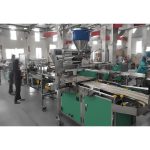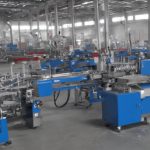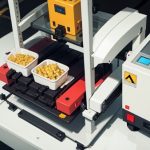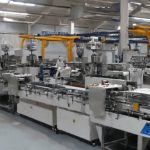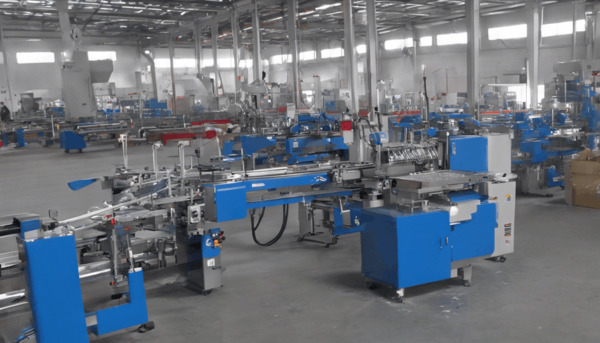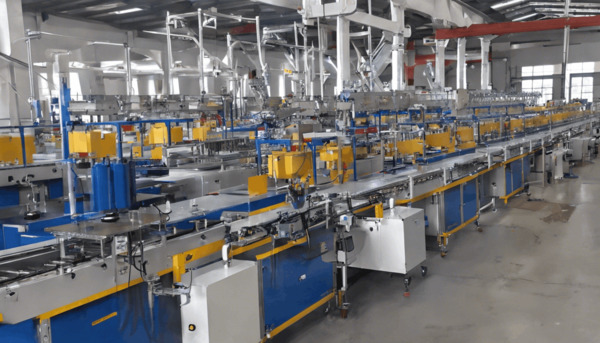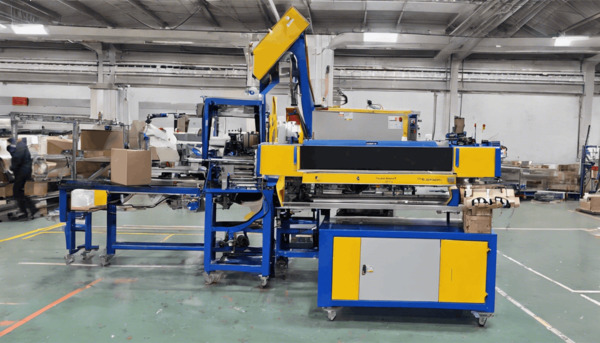
Understanding Vacuum Sealing Machines
Vacuum sealing machines are essential tools in both commercial and residential settings, primarily used for preserving food by removing air from packaging. This process helps extend the shelf life of food products by reducing the growth of bacteria and mold. However, vacuum sealing is not limited to food preservation; it is also used in various industries such as electronics, pharmaceuticals, and textiles for packaging and storage purposes. There are several types of vacuum sealing machines, each designed for specific applications and environments. Understanding these different types can help you choose the right machine for your needs.
Types of Vacuum Sealing Machines
External Vacuum Sealers
External vacuum sealers are among the most common types of vacuum sealing machines, especially in home kitchens. These machines work by placing the open end of a plastic bag into the sealer, which then removes the air and seals the bag. They are generally more affordable and easier to use, making them ideal for household use. However, they may not be suitable for sealing liquids or very moist foods unless they are pre-frozen, as the suction can draw liquid into the machine.
Chamber Vacuum Sealers
Chamber vacuum sealers are typically used in commercial settings due to their efficiency and versatility. Unlike external sealers, chamber vacuum sealers place the entire bag inside a chamber. The machine then removes air from the chamber and the bag simultaneously, which allows for a more consistent seal. This type of sealer is ideal for packaging liquids and moist foods, as the pressure inside the chamber prevents the liquid from being sucked out of the bag. Chamber vacuum sealers are generally more expensive and larger, making them less suitable for home use unless you have significant storage space and a higher budget.
Handheld Vacuum Sealers
Handheld vacuum sealers are compact and portable, making them convenient for quick sealing tasks. These devices typically use specially designed bags with a valve that allows the handheld sealer to remove air. While they are not as powerful as external or chamber sealers, they are perfect for small jobs and are easy to store. Handheld sealers are ideal for occasional use or for those who have limited kitchen space.
Commercial Vacuum Sealers
Commercial vacuum sealers are heavy-duty machines designed for high-volume sealing tasks. They are often used in industries such as food processing, pharmaceuticals, and electronics. These machines can be either external or chamber types, but they are built to withstand continuous use and are often equipped with advanced features like digital controls, multiple sealing bars, and customizable vacuum settings. Commercial vacuum sealers are a significant investment and are typically used by businesses that require reliable and efficient packaging solutions.
Nozzle Vacuum Sealers
Nozzle vacuum sealers are another type of commercial vacuum sealer that uses a nozzle to remove air from the bag. These machines are highly efficient and can be used for both dry and liquid products. The nozzle is inserted into the bag, and the air is extracted before the bag is sealed. Nozzle vacuum sealers are often used in industrial settings where speed and efficiency are crucial. They are versatile and can handle a wide range of packaging materials and sizes.
Choosing the Right Vacuum Sealing Machine
When selecting a vacuum sealing machine, consider the following factors to ensure you choose the right one for your needs:
1. Purpose: Determine whether you need a vacuum sealer for home use, commercial purposes, or industrial applications. This will help narrow down the type of machine that suits your requirements.
2. Frequency of Use: Consider how often you will use the machine. For occasional use, a handheld or external vacuum sealer may suffice. For frequent or high-volume use, a chamber or commercial vacuum sealer would be more appropriate.
3. Type of Products: Think about the types of products you will be sealing. If you plan to seal liquids or moist foods, a chamber vacuum sealer is the best choice. For dry goods, an external or nozzle vacuum sealer may be sufficient.
4. Budget: Vacuum sealers vary widely in price, so it’s important to set a budget. While handheld and external sealers are more affordable, chamber and commercial sealers are a larger investment but offer greater versatility and efficiency.
5. Space: Consider the amount of space you have available for storing the machine. Chamber and commercial sealers are larger and require more space, while handheld and external sealers are more compact.
Conclusion
Vacuum sealing machines are invaluable tools for preserving food and packaging various products. By understanding the different types of vacuum sealers—external, chamber, handheld, commercial, and nozzle—you can make an informed decision about which machine best suits your needs. Consider factors such as purpose, frequency of use, type of products, budget, and available space when choosing a vacuum sealer. With the right machine, you can ensure the longevity and quality of your products, whether in a home kitchen or a commercial setting.
